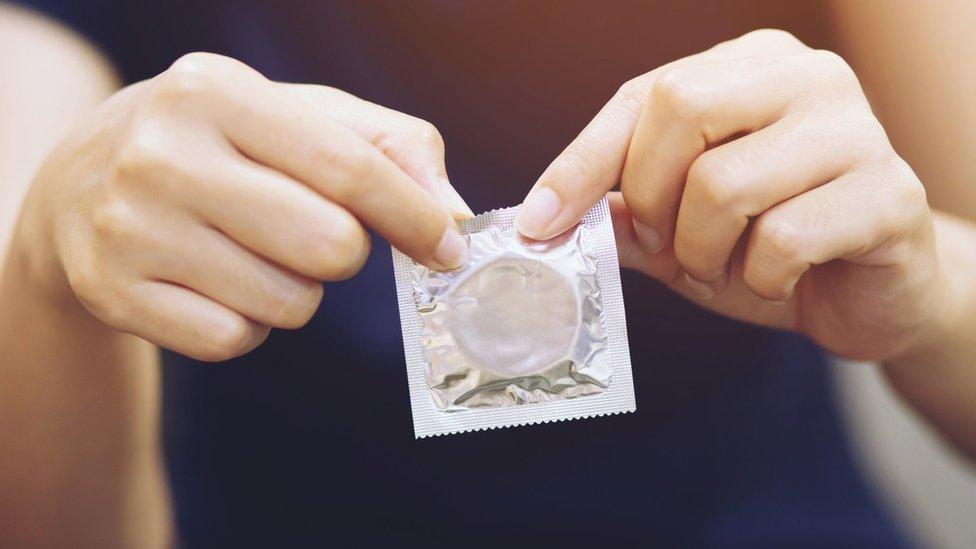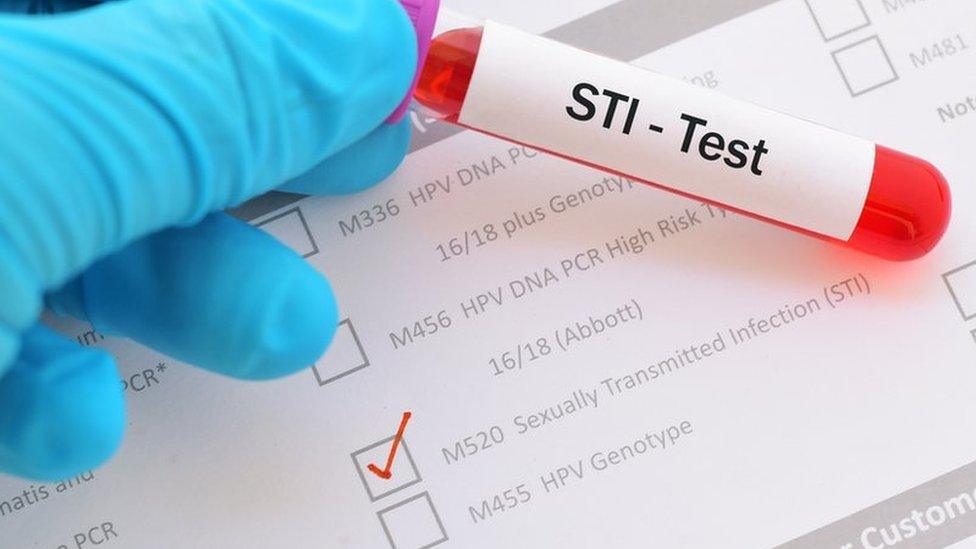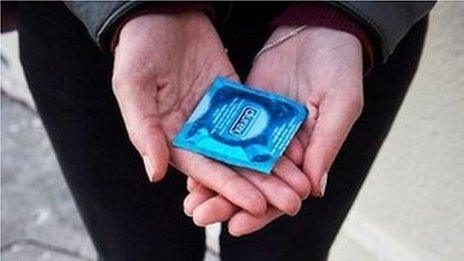People urged to get tested after rise in gonorrhoea cases in Cornwall
- Published

Health officials are concerned about a rise in gonorrhoea cases in Cornwall
Health officials are warning people in Cornwall to practice safe sex after a rise in gonorrhoea and other STIs.
Cornwall Council's public health team said half of all gonorrhoea cases in the county over the previous 18 months were in people aged 15 to 23.
Nationally, diagnoses of gonorrhoea from January to September 2022 were 21% higher than those reported over the same period in 2019, it added.
The council said condoms and tests could help stop the spread of STIs.
Symptoms of gonorrhoea, external include thick green or yellow discharge from the penis or vagina and pain when urinating, the NHS said.
However, people infected with gonorrhoea will often show no symptoms.
Dr Ruth Goldstein, the council's assistant director of public health, urged people to wear condoms and get tested regularly.
"Anyone with symptoms of an STI, or who is concerned they may have one, should seek advice from a sexual health clinic," she said.
"It is also important to tell all sexual partners if you get an STI, which your clinician can help with and can be done anonymously."
Kay Rundle, senior service manager of Cornwall sexual health charity Brook, added: "Condoms are the only method of contraception that can protect you from STIs.
"But if you've had unprotected sex, don't worry - testing and treatment are straightforward and we are here to help."

Follow BBC News South West on Twitter, external, Facebook, external and Instagram, external. Send your story ideas to spotlight@bbc.co.uk.
Related topics
- Published14 April 2022

- Published3 September 2020
